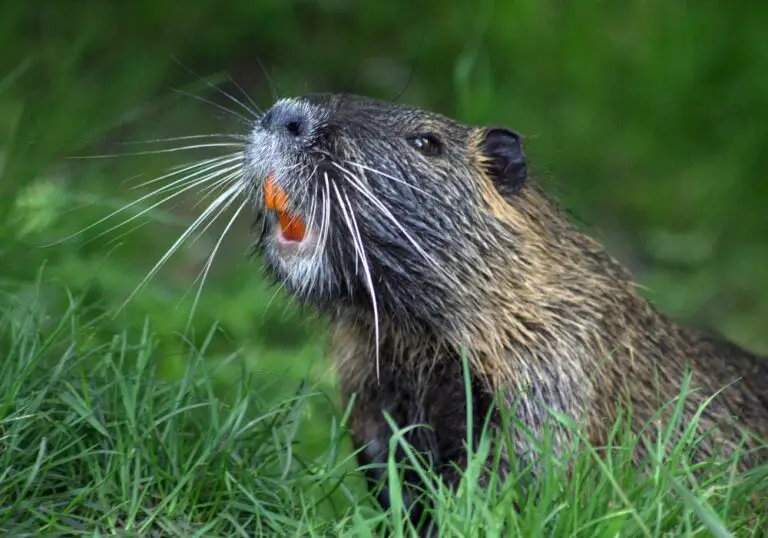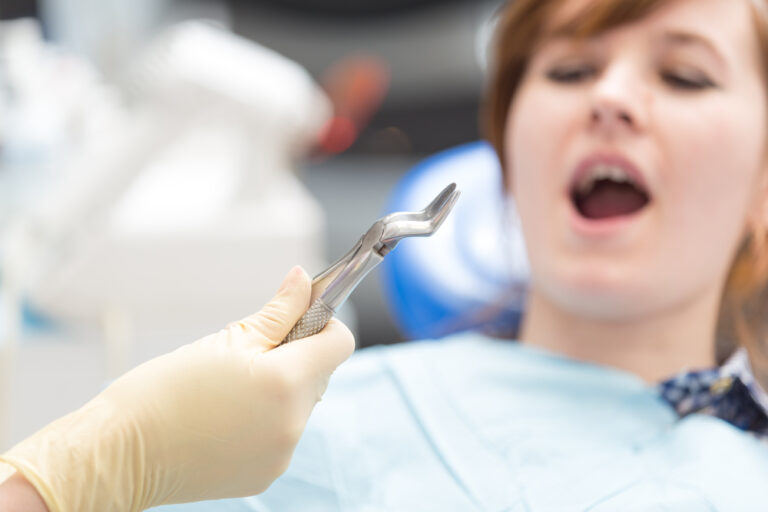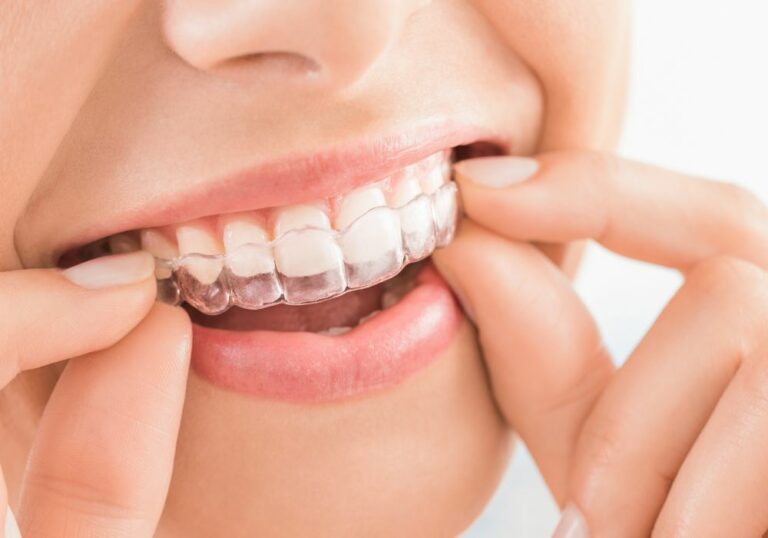No one wants to be told they have bad breath, although it’s something you want to know if it’s happening. Proper oral hygiene habits are essential to keep your breath fresh, but sometimes the issue is more complicated than that.
Wisdom teeth are one of the most common issues that people deal with when it comes to oral health, and they can facilitate the growth of bacteria that cause bad breath. Furthermore, the extraction of wisdom teeth may also create a period of bad breath while you heal.
If you suspect that your bad breath is linked to your wisdom teeth or their extraction, you want to know how to handle it as quickly as possible. Keep reading to learn more about why wisdom teeth cause bad breath, what happens after they’re removed, and how you can combat these issues.
The Link Between Wisdom Teeth and Bad Breath
Halitosis (the technical name for bad breath) is fairly common even before special factors like wisdom teeth. In fact, nearly ⅓ of the population deals with it. Bad breath may come and go, but it can also indicate a larger issue.
The link to wisdom teeth exists because they can exacerbate some of the common causes of bad breath. Wisdom teeth are the furthest back in your mouth, making it difficult to keep them clean and even causing them to impact or erupt impartially.
This increases your chance of:
- Tooth decay
- Gum disease
- Oral infections
Regular visits with your dentist help you monitor the situation back there, but you should contact them if a foul taste or odor shows up at random. They will inspect your mouth and determine whether your wisdom teeth are the cause.
Does Wisdom Teeth Removal Solve Bad Breath?
If your wisdom teeth are the cause of your bad breath, removal may solve the problem. But it isn’t always necessary.
Most dentists recommend wisdom teeth removal as a precautionary measure. It’s rare for these teeth to emerge fully. They sometimes come in at an angle or fail to emerge fully, causing some major problems.
Impacted wisdom teeth can cause:
- Pain in your jaw and the surrounding area
- Damage to the other teeth
- Shifting
- Repeated infections
- Cysts
- Cavities and/or gum disease
If you’re dealing with any of these issues, your chances of developing bad breath skyrocket. Extraction would eliminate the source of the problem, allowing your mouth to return to a balanced state.
Why You Have Bad Breath After Wisdom Teeth Extraction
Unfortunately, wisdom tooth removal can also cause bad breath. This is to be expected as you go through the healing process, but it can also occur due to secondary issues.
The main causes of bad breath after wisdom tooth extraction include:
- Bleeding
- Infection (of the gums or other teeth)
- Dry socket
- Amended oral hygiene habits
- Dry mouth
Your dentist will usually provide an overview of what to expect and look out for following your procedure, including these things and bad breath, but pay attention to anything that occurs “out of the norm”.
If you don’t have all of your wisdom teeth removed at the same time, consider that the other teeth may be causing your bad breath issues.
Bleeding
Blood isn’t the most pleasant of smells to start. It has a high iron content that will smell odd coming from your mouth, and it’s full of organic material that gains an odor after sitting.
Most dentists tell you that bleeding is normal for 24 hours after your extraction. Immediately after removal, your dentist will have you bite down on gauze to absorb as much as possible (similar to pressing on a wound to stop the bleeding).
Because the incisions occur in your mouth, it’s more difficult for your body to stop the bleeding. It takes about 3 to 4 hours for a large clot to form in the socket and seal off the area, but residual bleeding remains for 24 hours and may pop back up after the first day.
It’s also likely that blood will collect while you sleep, causing bad breath as soon as you wake.
This usually resolves as the bleeding slows down and you resume your normal hygiene habits to remove the traces of blood from your mouth. You should contact your dentist if the bleeding seems heavy (soaking through gauze in less than 3 hours) or you continue freely bleeding after the first 24 hours.
Infection
Some pain and soreness are to be expected following the surgery, along with slight swelling and even a low-grade fever as your immune system kicks in. It’s when this leads to infection, and subsequently bad breath, that you should raise some concern.
Infection can occur even with good oral hygiene habits. While these limit the occurrence, there’s a slight possibility for bacteria to enter the extraction site and cause issues such as:
- White or yellow pus
- Fever
- Swelling and heat
- Sever pain
Contact your dentist immediately if you suspect your incision site is infected. They will be able to confirm your suspicions and provide proper treatment, including medication, to prevent further complications.
Dry Socket
Dry socket (a.k.a alveolar osteitis) is one of the most common complications following the extraction of any adult teeth, including your wisdom teeth. This occurs when the blood clot intended to seal off the area either never forms, dissolves, or dislodges before healing occurs.
The blood clot does more than stop the bleeding. It protects all the exposed bone and nerves following the procedure. Without this, healing becomes a much more sensitive process. Pain levels usually skyrocket, and the socket becomes a catch-all for food debris and bacteria.
There isn’t much you can do to solve the dry socket, but your dentist can help you manage the subsequent pain and keep the area clean.
Oral Hygiene
While you should still brush and floss following the extraction of your impacted wisdom tooth, you want to avoid the incision site. You also might not be able to keep up with normal oral hygiene habits, like swishing mouthwash, until healing is well under way.
Following this, the procedure may have you a bit wary of brushing rigorously, and you may sway too far in the opposite direction. Combined with the increase of bacteria after surgery, it’s easy to develop bad breath and other issues.
Poor oral hygiene is easily remedied,
Dry Mouth
Saliva is key for combatting food particles and bacteria in your mouth, and dry mouth issues create a breeding ground for other oral issues. Without enough saliva, your mouth dries out and halitosis-causing bacteria flourish.
This happens for a number of reasons. To start, you just spent 20+ minutes with your mouth wide open, and you probably had anesthesia (which doesn’t help). Following your procedure, you may be hesitant to eat or drink, leading to dehydration.
Dry mouth is also linked to some pain medication or antibiotics prescribed after a dental extraction, although dentists do their best to minimize the risk. Make sure you’re drinking enough water, and talk to your dentist if your dry mouth persists or worsens despite your remedies.
How to Prevent Bad Breath Related to Wisdom Teeth Extraction

The best ways to prevent bad breath related to your wisdom teeth or extraction surgery include:
- Staying on top of your oral hygiene habits
- Staying hydrated
- Sticking to a soft, nutrient-rich diet
- Reducing your risk of dry socket
While this is no guarantee bad breath will stay away, these things set the stage for optimal oral health.
Keep Up With Oral Hygiene
Your dentist usually provides a packet full of post-procedures instructions, and they should go over this with you before putting you under for the surgery. Refer back to this whenever you’re unsure how to care for your mouth.
In most cases, you just want to stick to your normal habits with a few adjustments. Brush and floss twice daily, taking care to not disrupt the surgical site. You can also gargle with salt water to help relieve pain, but avoid vigorous swishing motions.
Stay Hydrated
Drinking plenty of water ensures you have the hydration needed to prevent dry mouth, but it’s also a good habit to have. Try to focus on water following your procedure.
If you need to drink something else, consider warm herbal teas or gentle, diluted juices. Avoid anything overly hot, carbonated beverages, alcohol, and diuretics (like dark teas).
Follow a Soft, Nutritious Diet
On top of staying hydrated, you want to eat rich foods to facilitate a speedy recovery. Keep anything sharp or crunchy out of your diet, at least until healing is well under way.
Some examples of what you can eat early on include:
- Smoothies (with a spoon)
- Yogurt
- Scrambled eggs
- Soup
Minimize sugary processed foods; these don’t offer much nutrition for you, but the plaque-causing bacteria will love them. Your mouth will be better at combating this odor-causing fiends after healing occurs.
Reduce the Risk of Dry Socket
Because dry socket is a major concern following extractions, and it links nicely to bad breath, you want to do everything you can to reduce your risk.
This includes:
- Staying hydrated
- Avoiding all forms of smoking
- Sucking on straws
- Consuming soda, alcohol, or diuretic drinks
Take care when brushing, and consider using a softer-bristles brush if you’re worried. Nothing guarantees dry socket won’t occur, but you want to give yourself the best chance.
Conclusion
If you’re concerned about your wisdom teeth or how healing is going after having them removed, don’t hesitate to reach out to your dentist. They will help you understand what is normal, what needs closer inspection, and how to move forward with your dental health.
Regardless of whether you have your wisdom teeth removed or not, there are things you should do to combat bad breath issues. Remember to:
- Keep your mouth clean by brushing and flossing twice daily
- Drink plenty of water to stay hydrated
- Limit your consumption of processed and sugary foods
Are you dealing with bad breath and think it’s because of your wisdom teeth or extraction surgery? Drop your concerns in the comments!







